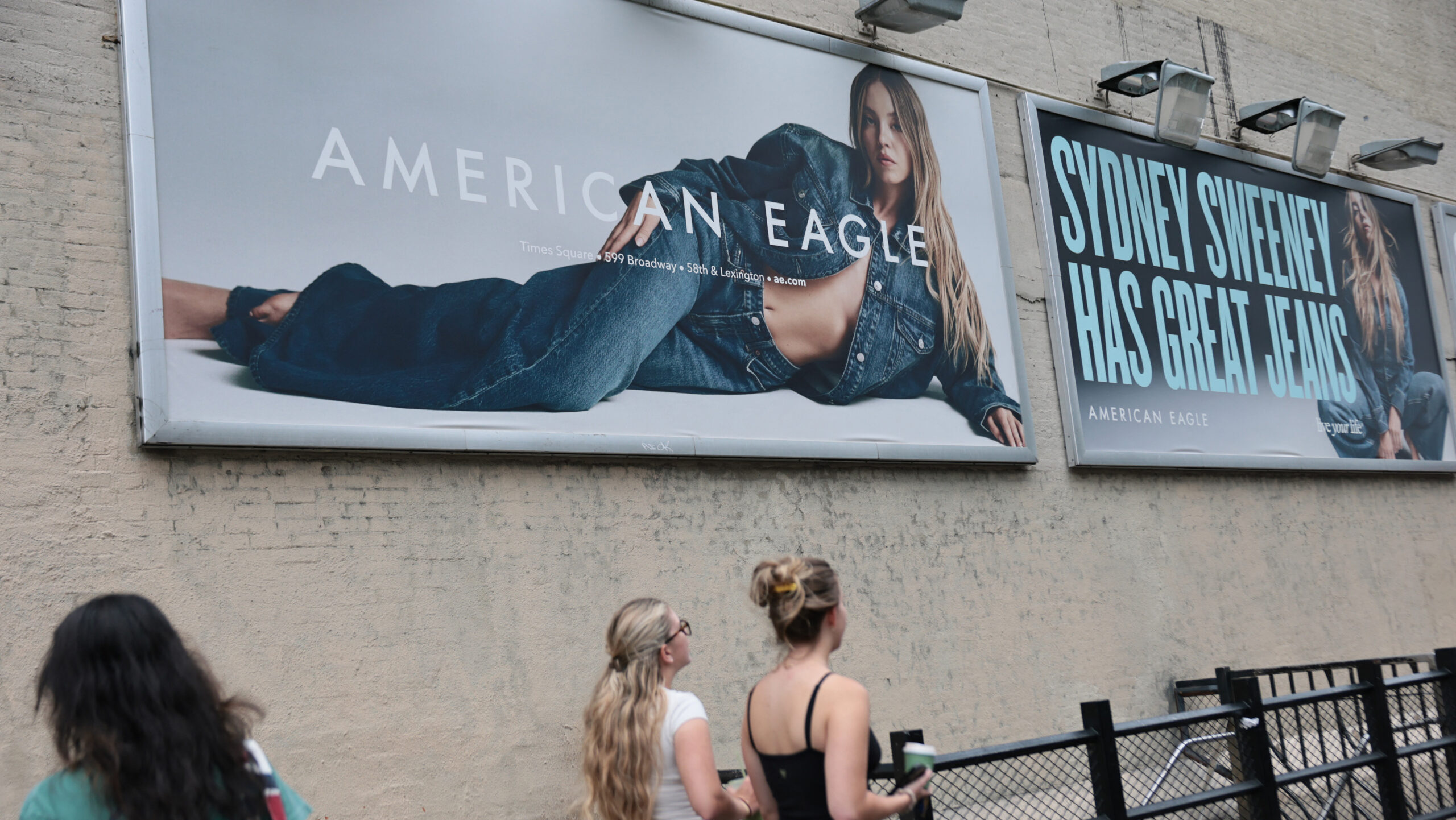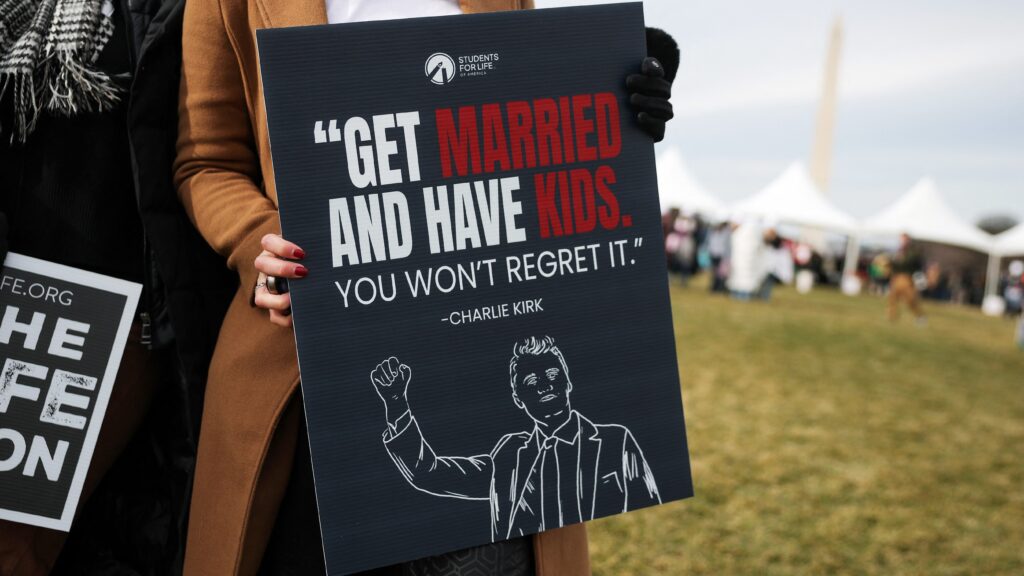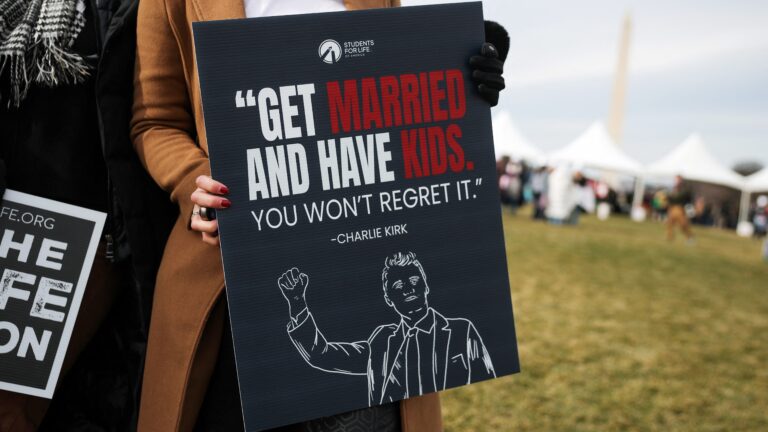Eva Vlaardingerbroek pushed back against the progressive outrage surrounding Euphoria star Sydney Sweeney’s ad collaboration with US clothing brand American Eagle. Referring to the campaign, the Dutch right-wing political commentator wrote on X: ‘I love having blonde hair and blue eyes. Sue me’—a post that has since gone viral, garnering over 2 million views and more than 50,000 likes.
Eva Vlaardingerbroek on X (formerly Twitter): “I love having blonde hair and blue eyes. Sue me. / X”
I love having blonde hair and blue eyes. Sue me.
Dutch right-wing leader Geert Wilders also reacted, arguing that the widespread public support for Sweeney and American Eagle demonstrated that ‘woke is dead’. Like Vlaardingerbroek’s, his post also went viral, garnering over one million views at the time of writing.
Geert Wilders on X (formerly Twitter): “WOKE IS DEAD.And I love it! ❤️ pic.twitter.com/OJhqsauOXq / X”
WOKE IS DEAD.And I love it! ❤️ pic.twitter.com/OJhqsauOXq
In the now-infamous—or perhaps iconic, or even historic—advertisement, the 27-year-old American actress appears wearing a pair of blue jeans while playfully linking the words ‘jeans’ and ‘genes’. ‘Genes are passed down from parents to offspring, often determining traits like hair colour, personality, and even eye colour…my jeans are blue,’ Sweeney says in the commercial. The ad sparked immediate backlash from progressives, who claimed the wordplay implied a message of racial superiority. Some described it as ‘blatant white supremacist eugenicist propaganda’, accusing both the actress and the brand of spreading ‘Nazi-like messages’. If that were not enough, Sweeney was also criticized for simply looking attractive in the advert, with accusations that the campaign was sexist and objectified women.
Watch the full ad below:
Sydney Sweeney Has Great Jeans | American Eagle
Sydney Sweeney’s most comfortable jeans are AE and begging to be in your cart🙂↕️
Hate comments quickly flooded the company’s social media platforms. However, American Eagle refused to back down. On Friday, the company issued a statement defending both the campaign and Sweeney: ‘“Sydney Sweeney Has Great Jeans” is and always has been about the jeans. Her jeans. Her story. We’ll continue to celebrate how everyone wears their AE jeans with confidence, their way. Great jeans look good on everyone.’
Conservative commentators, public figures and politicians were quick to rally behind Sweeney, denouncing what they viewed as a gross overreaction from the so-called woke mob. Even US Vice President JD Vance weighed in on the controversy during an appearance on the Ruthless podcast, quipping: ‘My political advice to the Democrats is: continue to tell everybody who thinks Sydney Sweeney is attractive that they’re a Nazi.’
Ironically, the progressive outcry only propelled the ad to viral status, making it the most talked-about campaign in the United States. American Eagle’s share price surged nearly 10 per cent the day after the campaign launched on 24 July. According to market commentary, trading momentum peaked later that week, with shares rising as much as 16 per cent over four trading days, driven by viral attention and interest from retail investors. As of 3 August, the stock remains approximately 10 per cent above its pre-campaign level.
Eva Vlaardingerbroek on X (formerly Twitter): “Let’s just say I know a thing or two about the blonde hair, blue eyes Nazi frame.From the moment I started out over 6 years ago, the Dutch media would, without fail, bring up my blonde hair to discredit me, and – more importantly – deter people from daring to agree with me… pic.twitter.com/iTZdIDk7cg / X”
Let’s just say I know a thing or two about the blonde hair, blue eyes Nazi frame.From the moment I started out over 6 years ago, the Dutch media would, without fail, bring up my blonde hair to discredit me, and – more importantly – deter people from daring to agree with me…
Vlaardingerbroek responded with additional posts referencing the Sweeney controversy, noting that the tactic of Nazi-framing has targeted her for years. ‘From the moment I started out over 6 years ago, the Dutch media would, without fail, bring up my blonde hair to discredit me—and, more importantly, deter people from daring to agree with me politically,’ she wrote. According to Vlaardingerbroek, progressives reacted so furiously to the ad because they ‘don’t want’ white women with blonde hair and blue eyes ‘to exist, let alone be celebrated’. She welcomed the shift in tone, stating that ‘the anti-white propaganda is now officially losing its power.’
Both Vlaardingerbroek and Wilders got a point there: the political and corporate environment has shifted significantly since Donald Trump returned to office. Just a few years ago, companies might not have dared to publicize such a campaign—or, if they had, would have issued a swift apology as soon as criticism emerged.
Related articles:







